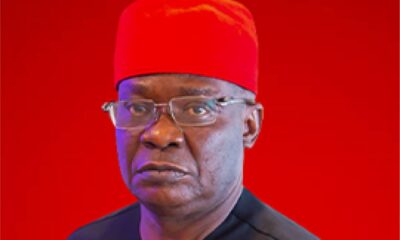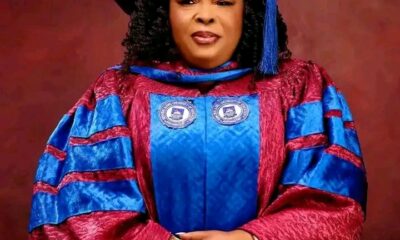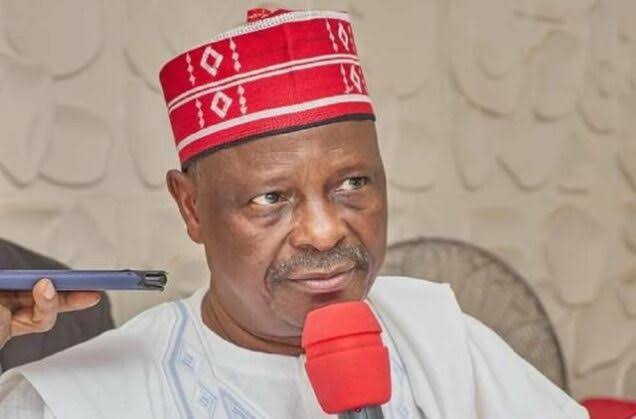Politics
Nigeria has too many ghost voters – Jonathan
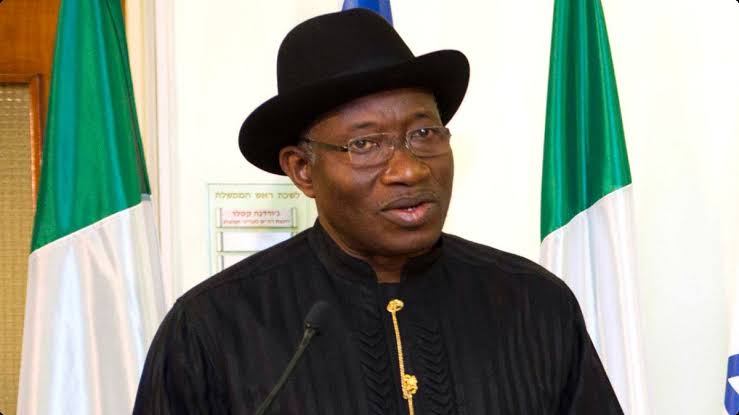
Former President Goodluck Jonathan has raised concerns over ghost voters in Nigeria’s electoral process.
Seaking at the YIAGA Africa Reflection Conference on Democratic Elections in West Africa, held in Abuja, Jonathan stressed that Nigeria’s electoral system would continue to suffer a credibility crisis unless people of integrity are appointed to lead the Independent National Electoral Commission (INEC).
He urged electoral officials to resign rather than succumb to pressure to manipulate election results, stating, “We must have credible people. Political leaders who are so domineering will pressurise you to do what is wrong; you should be able to resign and leave.”
Jonathan noted that until only real human beings cast votes and their votes truly count, Nigeria’s electoral process would remain compromised.
“In Nigeria, you can’t get an accurate count of votes because I believe that we have too many ghost voters. If our systems of electing leaders are not fine-tuned to the level that the voter card will work, then what will be so great about democracy?” he queried.
He further criticized the regionalization of Nigeria’s electoral process, arguing that it negatively impacts free and fair elections.
According to him, religious and ethnic interests have infiltrated the system, making elections more about identity politics than competence.
2023 Elections and INEC’s Shortcomings
Reflecting on the 2023 general elections, Jonathan pointed out the logistical challenges, delayed voting, violence, and technical failures that marred the process, despite the introduction of the Bimodal Voter Accreditation System (BVAS) and the INEC Results Viewing Portal.
He also referenced electoral crises in Sierra Leone and Senegal, where allegations of voter intimidation, ethnic tensions, and controversial results led to political instability.
However, he commended Ghana, Liberia, and Senegal for conducting largely peaceful and credible elections.
Comparing Nigeria’s Electoral Process with Other African Nations Jonathan observed that countries like Liberia, Senegal, and Ghana, where less electoral technology was deployed, had higher voter turnouts, transparent elections, and smoother transitions of power.
He noted that in Liberia, former President George Weah conceded defeat to opposition candidate Joseph Boakai, setting a positive precedent for democratic transitions in the region.
He said: “It is instructive that in countries where more technology was deployed, like Nigeria and Sierra Leone, the electoral process threw up more agitations, legal battles, and political tensions.”
-
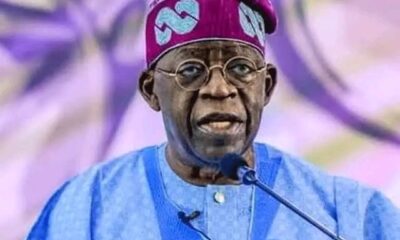
 Opinion2 days ago
Opinion2 days agoWhy Tinubu is not weaponising poverty – Ogala
-
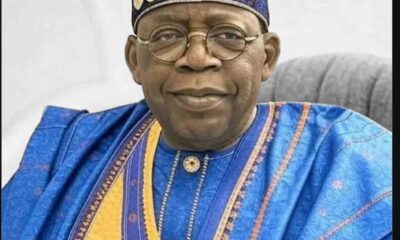
 National News2 days ago
National News2 days agoYour anti-Tinubu coalition will fail, APC cheiftain tells Atiku, Obi, others
-
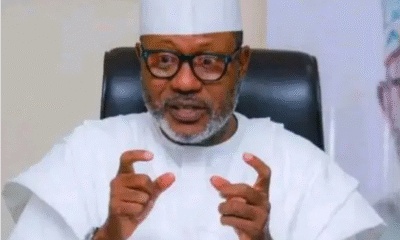
 Politics2 days ago
Politics2 days agoBreaking: Buhari’s minister dumps APC in Nasarawa ahead of 2027
-
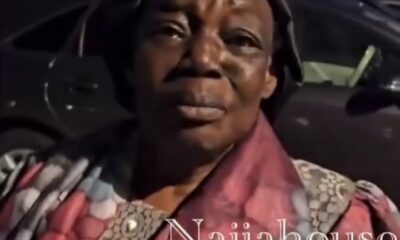
 Crime and Law2 days ago
Crime and Law2 days ago79-year-old Nigerian woman cries out after allegedly being exploited in U.S
-

 National News22 hours ago
National News22 hours agoBreaking: FG declares June 6, 9 public holidays to mark Eid-ul-Adha celebration
-

 Business2 days ago
Business2 days agoFidelity Bank expands, opens 3 more branches across Nigeria
-
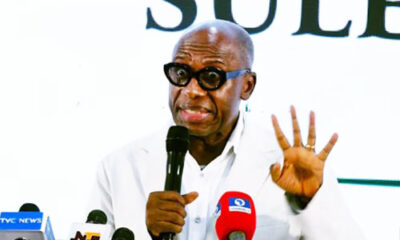
 Politics2 days ago
Politics2 days agoOpposition will unseat Tinubu in 2027 – Amaechi
-
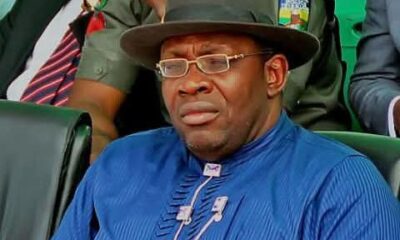
 Politics2 days ago
Politics2 days agoYou conspired, removed Jonathan yet nothing changed, Dickson tells Amaechi, Atiku, others


